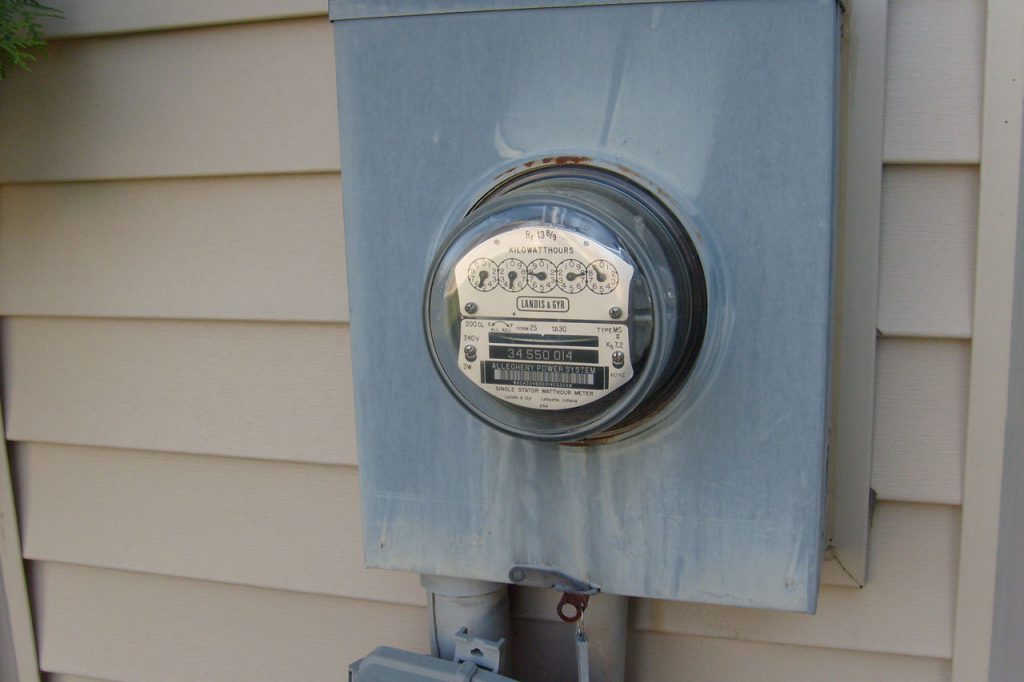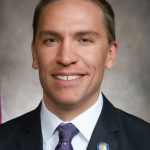Utility Shut Off Moratorium Extended
Wisconsin residents have until Oct. 1 before disconnections start.
State regulators have decided to once again extend a moratorium on utility shutoffs for residential customers, with a new end date of Oct. 1. The decision comes as around one-third of residential customers have fallen behind on their bills across Wisconsin.
Last month, the Public Service Commission voted 2 to 1 to extend a temporary moratorium that was part of an order it issued in March that prevented utilities from disconnecting water, electricity and heat for customers who couldn’t pay their utility bills during the COVID-19 crisis.
PSC Chairperson Rebecca Valcq again highlighted that COVID-19 cases are still high. She also pointed to the public health emergency, the expiration of the weekly $600 federal unemployment benefit and schools that are shifting reopening plans to virtual instruction.
Commissioner Ellen Nowak was once again the lone commissioner to oppose the extension, calling it a mistake. She said there’s no evidence that there’s a correlation between the rise in COVID-19 cases and the ability of people to pay their utility bills.
“Now, applying a very broad exemption to the entire state no matter how much money you make is the wrong answer,” said Nowak. “We shouldn’t allow people of middle, upper-income, millionaires to be excused from paying their bills.”
She also said the commission was treading into territory that was best left to the Legislature, which Republican Sen. Duey Stroebel echoed in comments filed to the commission on Wednesday.
Nowak highlighted energy assistance funding that’s available to customers who are having difficulty paying their bills, as well as steps utilities have taken to protect customers by setting up deferred payment plans. The state was allotted around $8 million in energy assistance through CARES Act funding.
Nowak also urged fellow commissioners to recognize the pressures they may be placing on utilities by requiring them to provide service without payment.
Valcq pushed back against Nowak’s stance, saying it’s “wildly inappropriate” to claim they’re sending a message to higher-earning customers that they don’t have to pay their bills.
“My lens is not the lens of ability to pay. My lens is having the resources available to continue practice social distancing and practice hygiene,” she said.
Commissioner Tyler Huebner also highlighted public health officials’ recommendations to continue social distancing and related measures to prevent the spread of the virus.
“I think it’s our duty to make sure those customers are still protected by having access to water and lights, refrigerated food and medicine, heat and other necessities,” said Huebner.
Utilities have expressed concern over growing past-due balances among customers that they’ll be forced to recover in future rate cases, according to comments submitted by the Wisconsin Utilities Association.
“WUA members reiterate their previous comments that disconnection is a necessary tool for the utilities to have in their toolbox to engage customers in paying down their arrearage balances, and we emphasize that it is used only as a last resort,” wrote Bill Skewes, the association’s executive director.
An August survey of 199 utilities that submitted data to the commission found there were 105 water, electric and gas utilities that planned to disconnect 93,673 residential customers if the moratorium on shutoffs was lifted as of Aug. 10.
Nearly one-third of residential customers among the state’s five largest utilities, excluding Madison Gas & Electric, had past-due bills amounting to $228.9 million. By comparison, roughly 12 percent of customers had past-due balances averaging out to $186 million in April of 2018 and 2019.
More than 1.3 million residential customers had past-due balances out of roughly 4.2 million electric, water, and gas customers statewide. More than two-thirds of 22,898 customers who qualified as low-income had past-due bills.
The survey also found more than 80 percent of electric and gas utilities and more than 50 percent of water utilities requested customers pay half their past-due balance as a down payment on deferred payment plans.
Commissioners discussed whether more could be done to make deferred payment plans more workable for customers, as well as address past-due balances.
State Regulators Extend Utility Shutoff Moratorium Another Month was originally published by Wisconsin Public Radio.
More about the Coronavirus Pandemic
- Governors Tony Evers, JB Pritzker, Tim Walz, and Gretchen Whitmer Issue a Joint Statement Concerning Reports that Donald Trump Gave Russian Dictator Putin American COVID-19 Supplies - Gov. Tony Evers - Oct 11th, 2024
- MHD Release: Milwaukee Health Department Launches COVID-19 Wastewater Testing Dashboard - City of Milwaukee Health Department - Jan 23rd, 2024
- Milwaukee County Announces New Policies Related to COVID-19 Pandemic - David Crowley - May 9th, 2023
- DHS Details End of Emergency COVID-19 Response - Wisconsin Department of Health Services - Apr 26th, 2023
- Milwaukee Health Department Announces Upcoming Changes to COVID-19 Services - City of Milwaukee Health Department - Mar 17th, 2023
- Fitzgerald Applauds Passage of COVID-19 Origin Act - U.S. Rep. Scott Fitzgerald - Mar 10th, 2023
- DHS Expands Free COVID-19 Testing Program - Wisconsin Department of Health Services - Feb 10th, 2023
- MKE County: COVID-19 Hospitalizations Rising - Graham Kilmer - Jan 16th, 2023
- Not Enough Getting Bivalent Booster Shots, State Health Officials Warn - Gaby Vinick - Dec 26th, 2022
- Nearly All Wisconsinites Age 6 Months and Older Now Eligible for Updated COVID-19 Vaccine - Wisconsin Department of Health Services - Dec 15th, 2022
Read more about Coronavirus Pandemic here






















